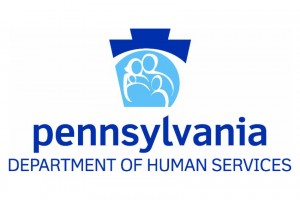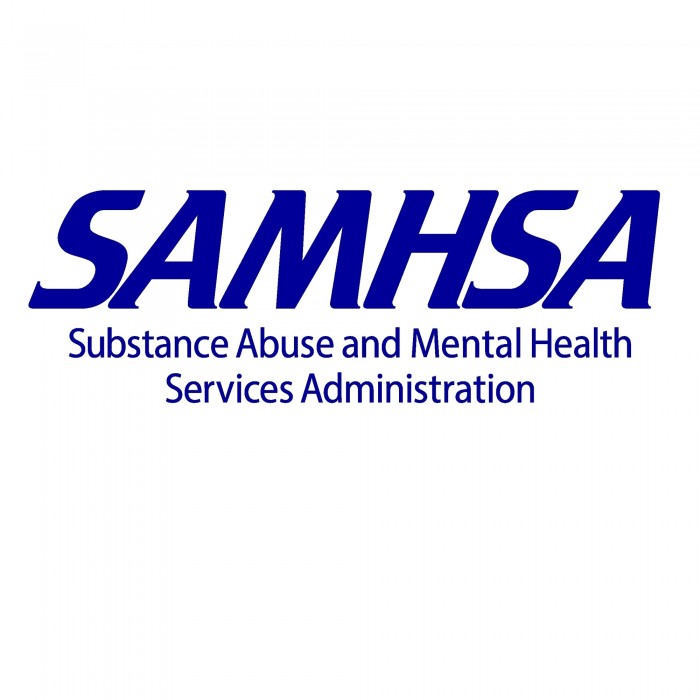Today, May 13, 2020, the Frequently Asked Questions Document was updated and question #46 may be of great interest to our members who have PPP loans of under 2 million.
The Small Business Administration (SBA), in consultation with the Department of the Treasury, intends to provide timely additional guidance to address borrower and lender questions concerning the implementation of the Paycheck Protection Program (PPP), established by section 1102 of the Coronavirus Aid, Relief, and Economic Security Act (CARES Act or the Act). This document will be updated on a regular basis.
Borrowers and lenders may rely on the guidance provided in this document as SBA’s interpretation of the CARES Act and of the Paycheck Protection Program Interim Final Rules (“PPP Interim Final Rules”) (link). The U.S. government will not challenge lender PPP actions that conform to this guidance,1 and to the PPP Interim Final Rules and any subsequent rulemaking in effect at the time.
- Question: How will SBA review borrowers’ required good-faith certification concerning the necessity of their loan request?
Answer: When submitting a PPP application, all borrowers must certify in good faith that “[current economic uncertainty makes this loan request necessary to support the ongoing operations of the Applicant.” SBA, in consultation with the Department of the Treasury, has determined that the following safe harbor will apply to SBA’s review of PPP loans with respect to this issue: Any borrower that, together with its affiliates,20 received PPP loans with an original principal amount of less than $2 million will be deemed to have made the required certification concerning the necessity of the loan request in good faith.
SBA has determined that this safe harbor is appropriate because borrowers with loans below this threshold are generally less likely to have had access to adequate sources of liquidity in the current economic environment than borrowers that obtained larger loans. This safe harbor will also promote economic certainty as PPP borrowers with more limited resources endeavor to retain and rehire employees. In addition, given the large volume of PPP loans, this approach will enable SBA to conserve its finite audit resources and focus its reviews on larger loans, where the compliance effort may yield higher returns.
Importantly, borrowers with loans greater than $2 million that do not satisfy this safe harbor may still have an adequate basis for making the required good-faith certification, based on their individual circumstances in light of the language of the certification and SBA guidance. SBA has previously stated that all PPP loans in excess of $2 million, and other PPP loans as appropriate, will be subject to review by SBA for compliance with program requirements set forth in the PPP Interim Final Rules and in the Borrower Application Form. If SBA determines in the course of its review that a borrower lacked an adequate basis for the required certification concerning the necessity of the loan request, SBA will seek repayment of the outstanding PPP loan balance and will inform the lender that the borrower is not eligible for loan forgiveness. If the borrower repays the loan after receiving notification from SBA, SBA will not pursue administrative enforcement or referrals to other agencies based on its determination with respect to the certification concerning necessity of the loan request. SBA’s determination concerning the certification regarding the necessity of the loan request will not affect SBA’s loan guarantee.21
20 For purposes of this safe harbor, a borrower must include its affiliates to the extent required under the interim final rule on affiliates, 85 FR 20817 (April 15, 2020).
21 Question 46 published May 13, 2020


















